Vitamin D Deficiency Hair Loss: Symptoms & How To Prevent It
Banish hair loss caused by Vitamin D deficiency and discover the radiant secrets to a lush mane!
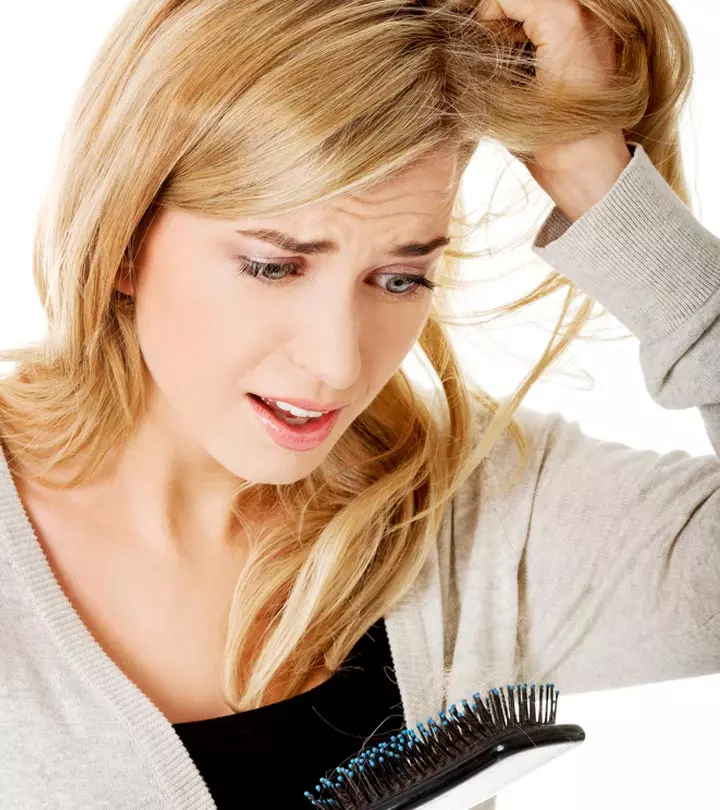
Image: Shutterstock
Vitamin D is an important nutrient that plays a key role in many bodily functions. But its deficiency leads to several problems, from loss of bone density to dry skin. But one of the most concerning effects of vitamin D deficiency could be an autoimmune disease called alopecia areata (1).
This article explores the causes of vitamin D deficiency, the symptoms, and how to treat and prevent it. Continue reading to know more.
In This Article
Does Vitamin D Deficiency Cause Hair Loss?
The answer is yes. Vitamin D and hair loss are interlinked.
Research indicates that vitamin D is crucial in stem cell renewal and maintaining the hair follicle cycle. Deficiency of vitamin D interferes with both processes and causes hair loss. However, a wholesome knowledge about vitamin D for your health will strengthen your intent to include this crucial vitamin in your diet.
The lack of vitamin D in serum is also linked to female pattern hair loss and alopecia. The vitamin D receptors in the hair follicles’ bulge region are crucial for maintaining the healthy keratinocyte stem cells (2). The lack of these receptors may trigger hair loss.
Your body may lack vitamin D due to multiple reasons. They are listed in the next section.
What Causes Vitamin D Deficiency?
1. Improper Diet
An improper diet is one of the main reasons for the lack of vitamin D in the body. To improve vitamin D levels, consume foods like (3):
- Salmon
- Herring
- Cod liver oil
- Egg yolk
- Mushrooms
2. Poor Absorption Of Vitamin D
Your gut health may affect the proper absorption of vitamin D in your body (4). Poor gut health may be caused by:
- Crohn’s disease
- Chronic pancreatitis
- Other diseases of the gut
This may put you at risk of vitamin D deficiency.
3. Inadequate Exposure To Sunlight
When it comes to the best natural source of vitamin D, the sun is a clear winner (5). The time you need to spend in the sun varies according to the skin color. If you have a lighter skin tone, 5-15 minutes of sun exposure is enough. If you have darker skin, you may stay in the sun for at least 30 minutes. About 10-15 minutes of sun exposure during the mid-day is sufficient.
However, excessive exposure to the sun puts you at the risk developing of skin cancer. Even if you are spending 5 minutes in the sun, apply sunscreen lotion to prevent UV damage.
 Did You Know?
Did You Know?4. Inability Of The Liver Or Kidney To Convert Vitamin D
When the liver or kidney does not function properly, it cannot convert vitamin D to a usable state. This may also cause low vitamin D levels and hair loss.
5. Medications Influencing Vitamin D Conversion
Certain antiepileptic drugs, anti-estrogens, and bisphosphonates may interfere with vitamin D metabolism (7). They activate the pregnane X receptor, causing vitamin D deficiency. If you are taking any such medications, talk to the doctor for alternatives to improve your body’s vitamin D levels.
Hair loss can happen due to many reasons. How do you identify if it is due to vitamin D deficiency? Here are the signs and symptoms you can check for.
What Are The Symptoms Of Vitamin D Deficiency?
- Lower Immunity Levels: Your immunity depends on your vitamin D levels. If you keep falling sick regularly, you may lack vitamin D. Pneumonia or other respiratory tract infections could also be a sign of vitamin D deficiency (8).
- Fatigue: Do you always feel tired or fatigued? This could be a sign of vitamin D deficiency. A study found that non-specific musculoskeletal pain, headache, and fatigue could signify vitamin D deficiency (9).
- Bone Pain And Osteoporosis: If you experience lower back pain and bone pain, get your vitamin D levels checked. Research states that chronic lower back pain is linked to low vitamin D levels (10).
- Depression: Are you feeling depressed regularly? This could be a sign of vitamin D deficiency. Vitamin D is crucial for your mental health. A lack of this vitamin may cause depression and other psychiatric disorders (11).
- Slow-Healing Wounds: If your vitamin D levels are lower than normal, your wounds may take longer to heal. Vitamin D produces certain compounds that help in new skin formation (12). This is a crucial part of the wound-healing process.
Going through hair loss can be a distressing experience. This leads us to the question, “Can hair loss due to vitamin D be reversed?” Find out the answer in the next section.
Is Hair Loss Due To Vitamin D Deficiency Reversible?
Hair loss due to vitamin D deficiency may be reversed with the help of supplements or eating foods high in vitamin D. A study showed that taking oral vitamin D3 therapy significantly improved hair growth in young women (13). However, more studies are warranted in this regard. Ensure you consult a medical expert or trichologist to get the appropriate treatment plan for addressing and managing this issue.
Abi Porter, a blogger experiencing persistent fatigue and headaches, discovered a surprising culprit: a severe vitamin D deficiency: “Fatigue all day, everyday… it felt like a truck hit me. (I was sometimes napping twice in one day!) Not to mention, I was getting a headache like clockwork around 3 or 4pm.” After getting blood work done due to relentless tiredness, she found herself profoundly lacking in this vital nutrient—a common issue in Portland. Her fatigue vanished after taking vitamin D supplements. She writes, “I’ve seriously had more energy than I’ve had in a long time and my mind feels crystal clear… This tiny little vitamin is a life saver (i).”
Among the essential vitamins for hair growth, vitamin D plays a crucial role in maintaining multiple body functions. Lack of vitamin D affects not only the body but also hair growth. Find out the ways to prevent it in the next section.
How To Prevent Hair Loss Caused By Vitamin D Deficiency
- Take Vitamin D Supplements
If you have low vitamin D levels, consuming healthy vitamin-D-rich foods helps reduce hair loss. You may consume (13):
- Eggs
- Cod liver oil
- Milk (fortified, soy, almond, and oats milk)
- Fatty fish (sockeye salmon, rainbow trout, Atlantic sardines, tuna)
- Meat (chicken breast, beef, beef liver)
- Vegetables (raw broccoli, carrot, portabella, and white mushrooms)
- Almonds and sunflower seeds
- Lentils
- Cheese
- Fruits (Apple, banana)
You may also take vitamin D supplements.
- Modifying Medications
Some medications and steroids may interfere with vitamin D absorption. If you are taking any such medication, talk to your doctor to modify the dosage, or use any alternative.
- Increase Your Exposure To Sunlight
Try to increase your exposure to sunlight. Go out for a walk on a bright and sunny day or spend at least 10-15 minutes outside. However, do not forget to apply sunscreen.
 Did You Know?
Did You Know?- Be Gentle When Grooming The Hair
This is also crucial to prevent hair fall. Be gentle when combing or brushing your hair. Avoid using harsh shampoos and conditioners. You may also ask your doctor for some topical medication to prevent hair loss.
If you are taking vitamin D supplements, follow the doctor’s prescribed dosage. The recommended dietary allowance is given below.
Recommended Dietary Allowance Of Vitamin D
The recommended dietary allowance of vitamin D varies according to the age group (13).
| Age | Male | Female | Pregnancy | Lactation |
|---|---|---|---|---|
| 0-6 months | 25 mcg | 25 mcg | ||
| 7-12 months | 38 mcg | 38 mcg | ||
| 1-3 years | 63 mcg | 63 mcg | ||
| 4-8 years | 75 mcg | 75 mcg | ||
| 9-18 years | 100 mcg | 100 mcg | 100 mcg | 100 mcg |
| 19+ years | 100 mcg | 100 mcg | 100 mcg | 100 mcg |
Vitamin D deficiency causes several health issues and may affect your hair health. Lack of vitamin D may lead to hair loss as its deficiency interferes with the hair follicle cycle and affects stem cell renewal. You may experience vitamin D deficiency due to improper diet, inadequate absorption of sunlight, poor gut health, kidney or liver functioning issues, and certain medications. If you feel your hair loss is linked to vitamin D deficiency, consult a doctor and start the treatment immediately. Consuming a balanced diet, exercising regularly, and getting plenty of sunlight may help you solve the deficiency. Along with Vitamin D, incorporating other vitamins for hair fall control, such as vitamins A, B, or E, is crucial to maintaining healthy hair growth.
Frequently Asked Questions
How long does it require to cure a vitamin D deficiency?
It depends on your age, level of vitamin D in your serum, and medical conditions that you may have. You may start healing after 6-8 weeks. However, complete healing may take time.
When should I take vitamin D – morning or night?
There is no ideal time to take vitamin D, and it may depend on your health condition and other factors. Consult a doctor to know the proper time to take vitamin D supplements.
Personal Experience: Source
StyleCraze's articles are interwoven with authentic personal narratives that provide depth and resonance to our content. Below are the sources of the personal accounts referenced in this article.
(i) VITAMIN D CHANGED MY LIFEhttps://vanillaandlace.blogspot.com/2013/03/vitamin-d-changed-my-life.html
References
Articles on StyleCraze are backed by verified information from peer-reviewed and academic research papers, reputed organizations, research institutions, and medical associations to ensure accuracy and relevance. Read our editorial policy to learn more.
- Vitamin D Deficiency in Alopecia Areata
https://www.jcpsp.pk/archive/2017/Apr2017/02.pdf - Serum Vitamin D3 Level in Patients with Female Pattern Hair Loss
https://www.ncbi.nlm.nih.gov/pmc/articles/PMC5007917/ - Vitamin D deficiency: a worldwide problem with health consequences
https://academic.oup.com/ajcn/article/87/4/1080S/4633477#111219688 - Vitamin D status in Crohn’s disease: association with nutrition and disease activity
https://gut.bmj.com/content/26/11/1197.abstract - Sunlight and vitamin D for bone health and prevention of autoimmune diseases, cancers, and cardiovascular disease
https://pubmed.ncbi.nlm.nih.gov/15585788/ - Vitamin D
https://www.ncbi.nlm.nih.gov/books/NBK441912/ - Influence of drugs on vitamin D and calcium metabolism
https://www.tandfonline.com/doi/full/10.4161/derm.20731 - Age and low levels of circulating vitamin D are associated with impaired innate immune function
https://jlb.onlinelibrary.wiley.com/doi/full/10.1189/jlb.1011523 - Vitamin D status in patients with musculoskeletal pain, fatigue and headache: A cross-sectional descriptive study in a multi-ethnic general practice in Norway
https://www.tandfonline.com/doi/full/10.3109/02813432.2010.505407 - High prevalence of vitamin D deficiency, secondary hyperparathyroidism and generalized bone pain in Turkish immigrants in Germany: identification of risk factors
https://link.springer.com/article/10.1007/s00198-006-0069-2 - Vitamin D and Depression: Where is all the Sunshine?
https://www.ncbi.nlm.nih.gov/pmc/articles/PMC2908269/ - The effects of vitamin D supplementation on wound healing and metabolic status in patients with diabetic foot ulcer: A randomized, double-blind, placebo-controlled trial
https://www.sciencedirect.com/science/article/abs/pii/S1056872716302203 - Vitamin D
https://ods.od.nih.gov/factsheets/VitaminD-HealthProfessional/ - Vitamin D deficiency
https://www.ncbi.nlm.nih.gov/books/NBK532266/
Key Takeaways
- Vitamin D deficiency may interfere with the hair follicle cycle and result in alopecia and female pattern hair loss.
- Diet low in vitamin D, insufficient exposure to sunlight, and poor absorption of vitamin D may lead to vitamin D deficiency.
- Bone pain, fatigue, and depression are a few symptoms of vitamin D deficiency.
- Consuming a diet rich in vitamin D and adequate exposure to sunlight may help prevent vitamin D deficiency.
To unravel the connection between Vitamin D deficiency and hair loss check out this video. Learn how insufficient Vitamin D levels impact hair health, causing issues like hair thinning and loss. Explore remedies to stop hair loss.
Read full bio of Dr. Shruti Chavan
Read full bio of Anjali Sayee
Read full bio of Swathi E






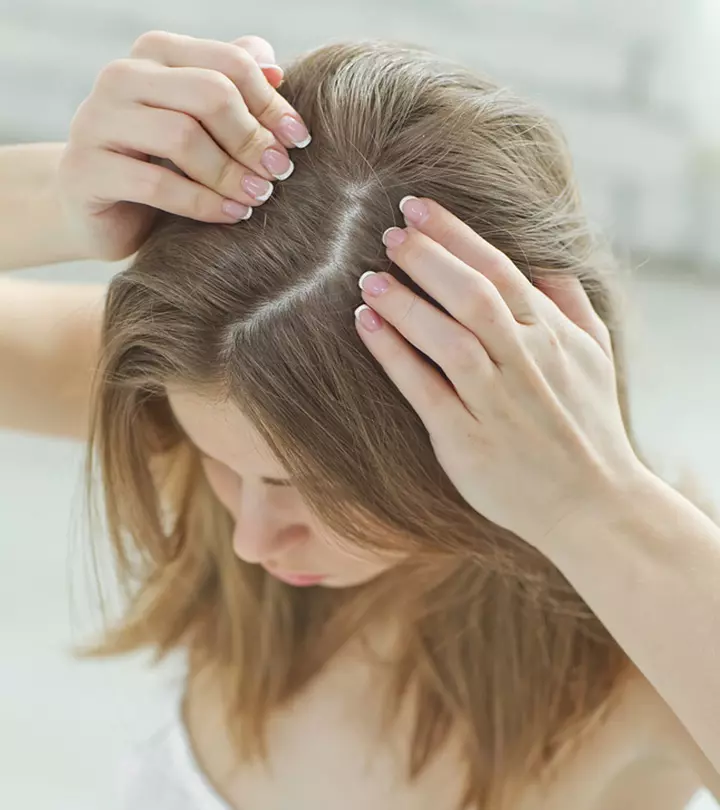

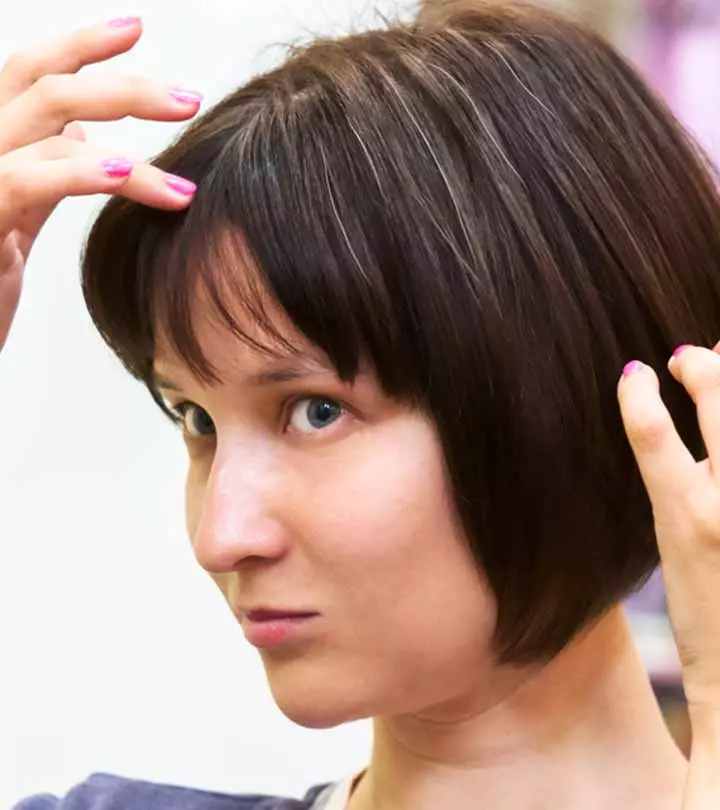

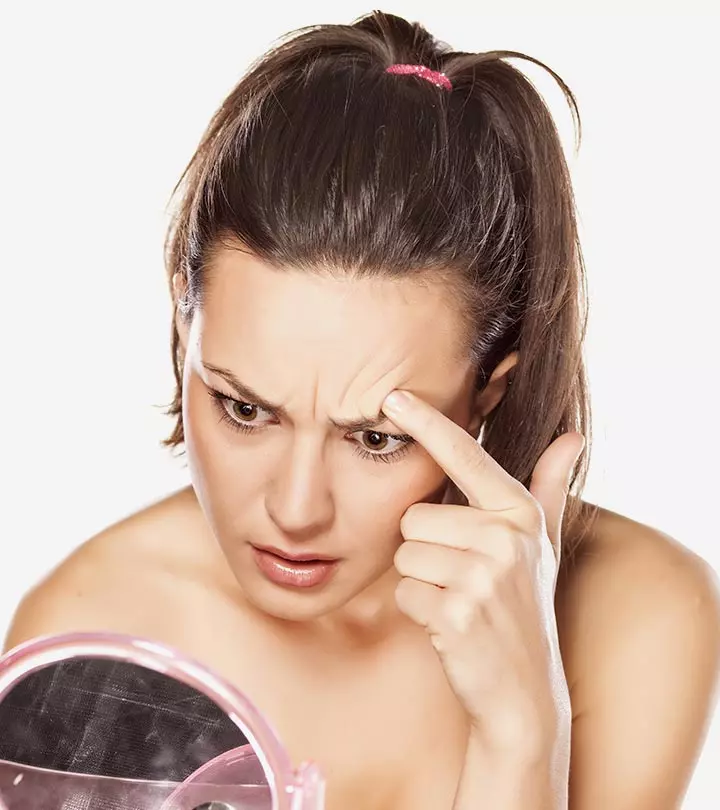

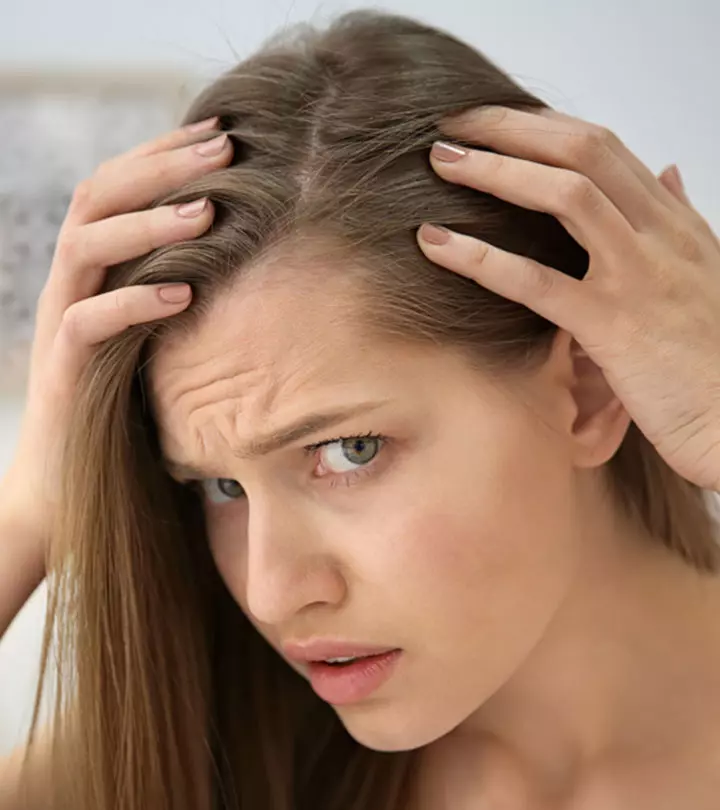
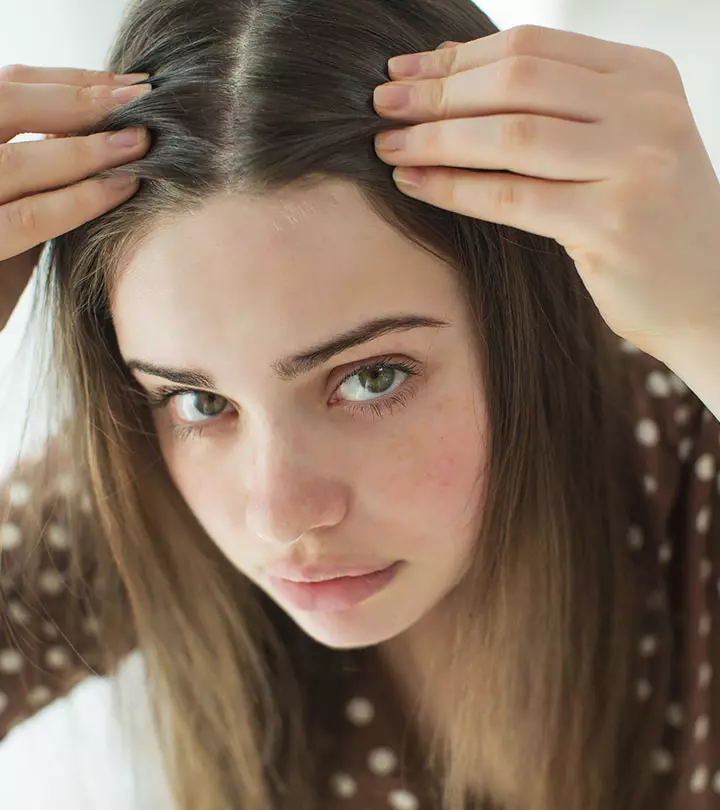
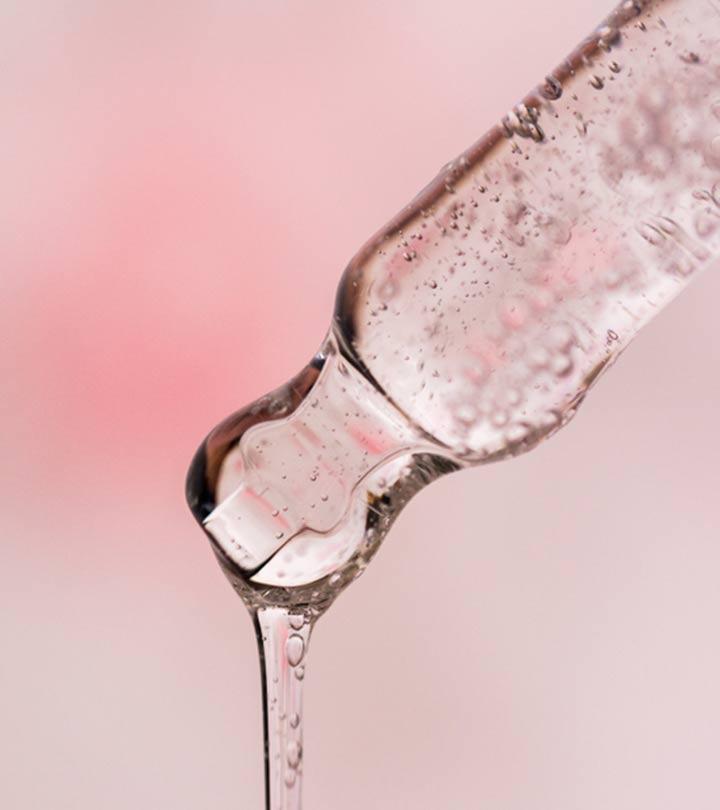


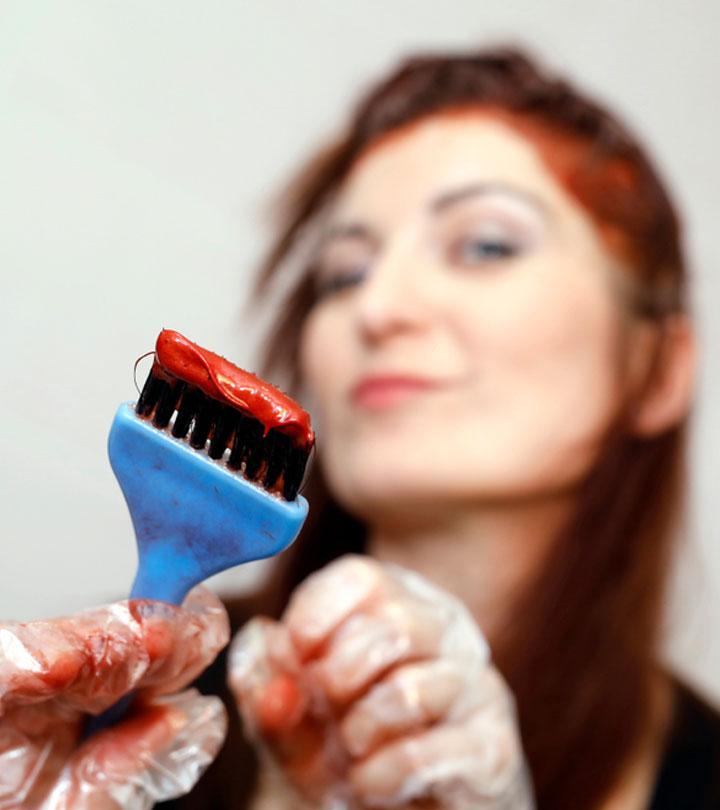

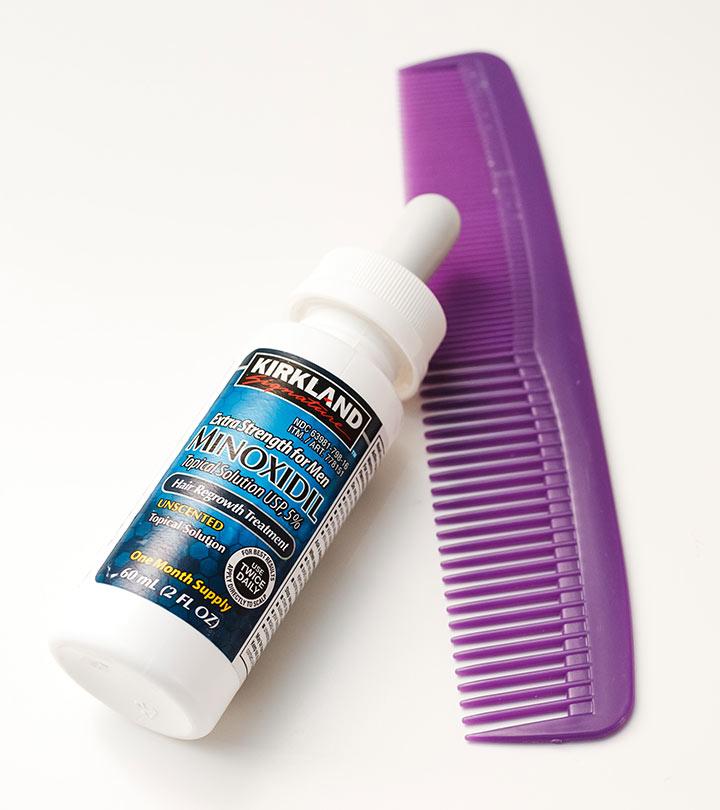

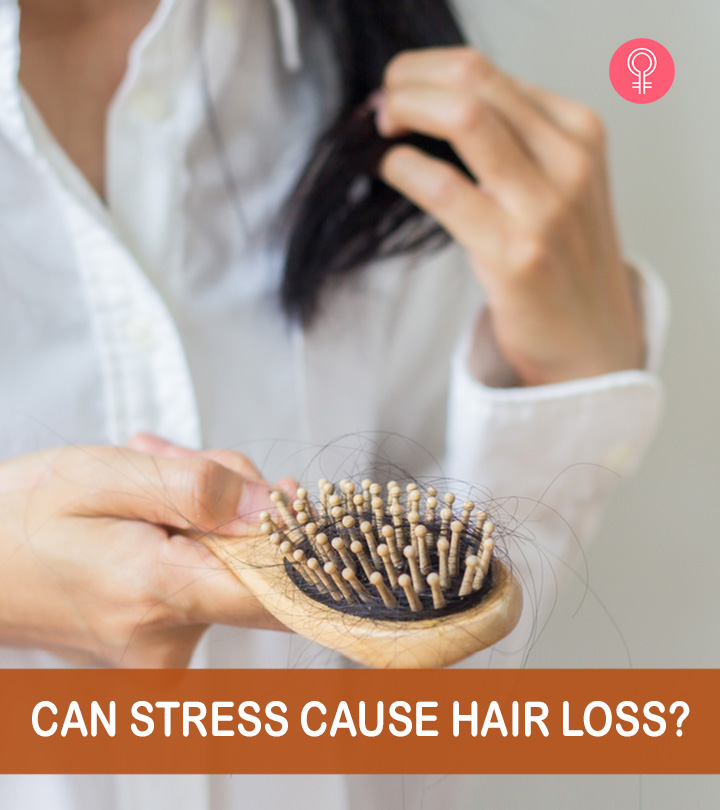


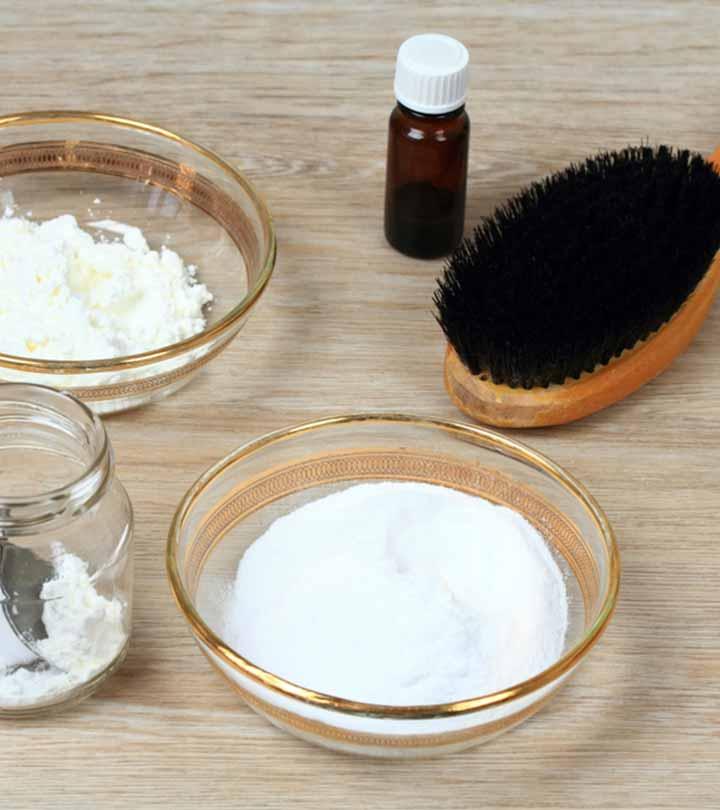
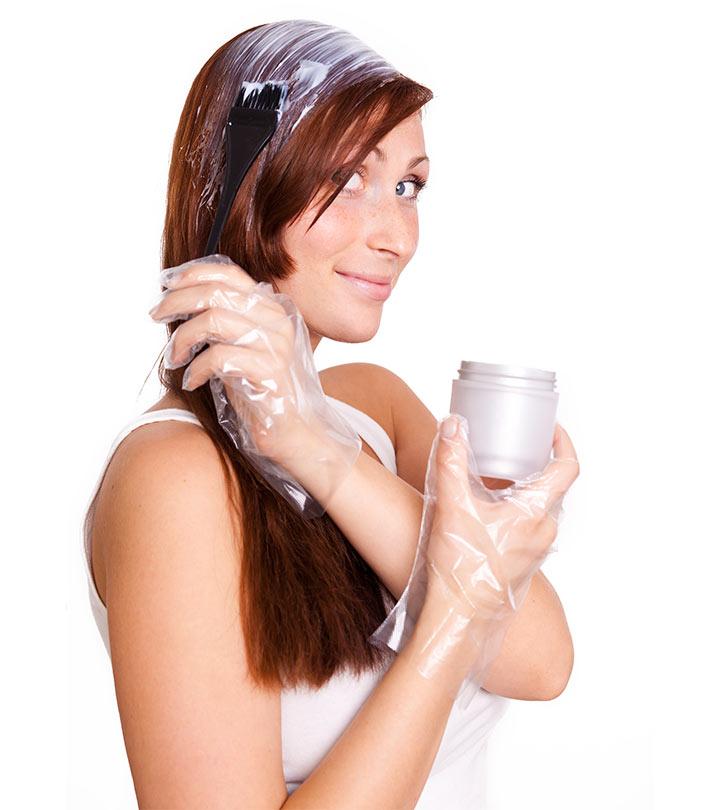
Community Experiences
Join the conversation and become a part of our empowering community! Share your stories, experiences, and insights to connect with other beauty, lifestyle, and health enthusiasts.